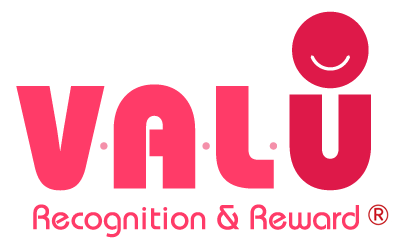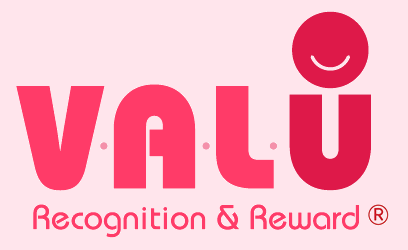AI Won’t Define Your Culture — People Will
We must recognise that AI is delivering huge advantages — accelerating research, raising standards, and embedding best practice at scale. Everywhere you look, AI dominates the conversation. Smarter tools. Faster decision-making. Endless possibilities. It’s powerful, disruptive, and it will undoubtedly reshape the way we work.
But here’s the question I keep coming back to: What kind of teams are we building alongside it?
Because AI will never define culture. It won’t give your organisation an identity. It won’t attract the kind of people who lean in, stay loyal, and bring your goals to life. That work — the hard, human work — is still ours. Vision, ideas, and identity are what set us apart from peers and competitors.

Recognition, Reward, and Wellbeing aren’t “nice extras” in a digital age. They’re the foundation stones of future-ready teams.
-
Recognition creates belonging. When people are seen and appreciated, they understand where they fit and why their work matters.
-
Reward gives meaning to achievement. It proves effort is noticed and contribution has value beyond the payslip.
-
Wellbeing keeps growth sustainable. Without it, stress and burnout undo even the smartest strategies.
AI can optimise workflows, but it can’t inspire loyalty. It can crunch numbers, but it can’t spark belief. It can predict behaviour, but it can’t nurture identity.
That’s the paradox of progress: the more we automate, the more vital it becomes to double down on the human side of business.
The companies that get this balance right — leveraging AI as an accelerator while building cultures rooted in recognition, reward, and wellbeing — won’t just keep pace, they’ll lead. They’ll attract the talent others are chasing. They’ll define themselves by more than efficiency. They’ll have identity.
The rest? They’ll risk becoming fast, scalable, soulless — and worst of all, forgettable.
The future of work isn’t AI versus people. It’s AI with people. And it’s the organisations that remember this — that invest in recognition, reward, and wellbeing — who will shape the teams of tomorrow.

